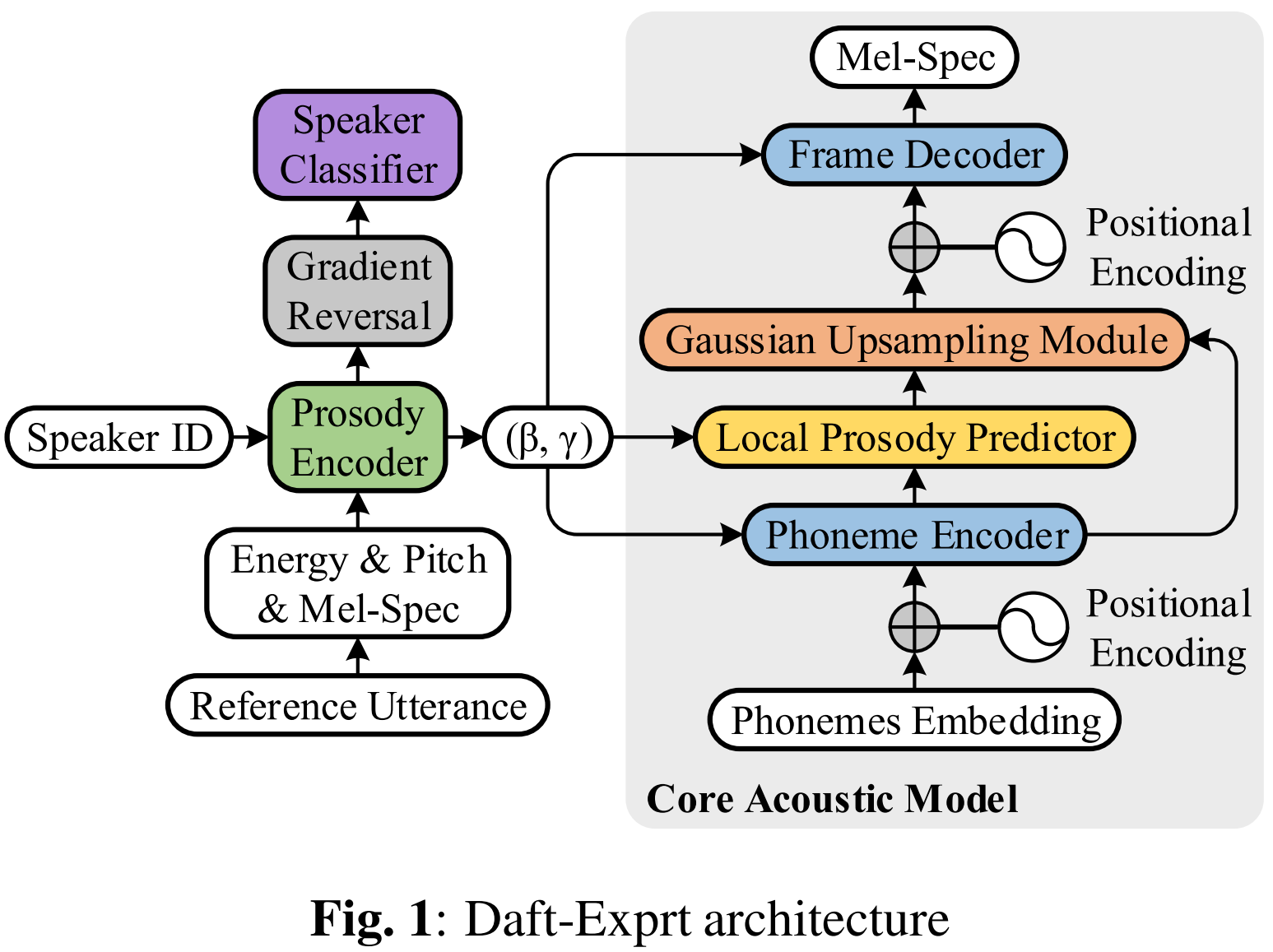TADAM: Task dependent adaptive metric for improved few-shot learning
Few-shot learning has become essential for producing models that generalize from few examples. In this work, we identify that metric scaling and metric task conditioning are important to improve the performance of few-shot algorithms. Our analysis reveals that simple metric scaling completely changes the nature of few-shot algorithm parameter updates. Metric scaling provides improvements up to 14% in accuracy for certain metrics on the mini-Imagenet 5-way 5-shot classification task. We further propose a simple and effective way of conditioning a learner on the task sample set, resulting in learning a task-dependent metric space. Moreover, we propose and empirically test a practical end-to-end optimization procedure based on auxiliary task co-training to learn a task-dependent metric space. The resulting few-shot learning model based on the task-dependent scaled metric achieves state of the art on mini-Imagenet. We confirm these results on another few-shot dataset that we introduce in this paper based on CIFAR100. Our code is publicly available at https://github.com/ElementAI/TADAM.
PDF Abstract NeurIPS 2018 PDF NeurIPS 2018 Abstract








 FC100
FC100
 CIFAR-100
CIFAR-100
